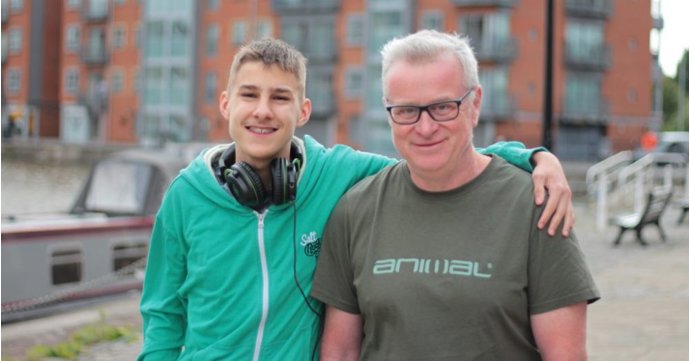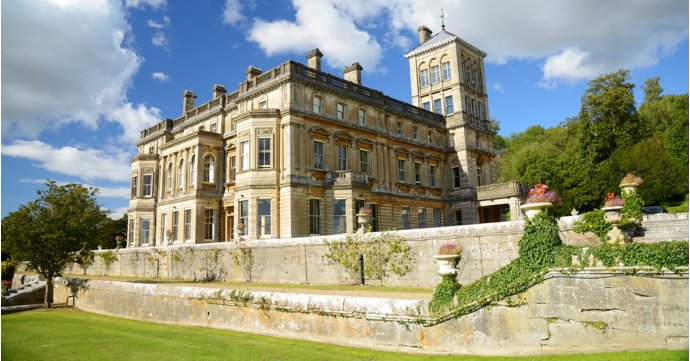Young Gloucestershire's work is truly transformative for the young people in the county that it works with – as shown by anonymised data it has shared with SoGlos.
The charity uses nationally recognised metrics, including WEMWBS – the Warwick-Edinburgh Mental Wellbeing Scale, which is based on a 14-piece questionnaire – and ACES – the Adverse Childhood Experiences Score, also calculated by questionnaire – to asses young people's experiences, needs and determine outcomes.
Over 80 per cent of the young people accessing its services have low mental wellbeing and probable mental illness, with a WEBWMS score of 41 or below – a figure that is nearly four times the national average.
One in five of the young people the charity works with have experienced high levels of childhood trauma, indicated by ACES scores of four or more – well above the county average of 11 per cent – which puts them at higher risk of poor mental health and becoming a victim of violence or domestic abuse.
Substance use affects 35 per cent of the people Young Gloucestershire supports, with those affected by substance abuse also facing compounded challenges, such as mental health and safeguarding concerns, at a drastically higher rate than their peers – as high as 93 per cent for mental health concerns.
Young carers also make up nearly 10 per cent of those the charity supports, many of whom self-refer or are referred by family, rather than through formal support systems. Compared to their peers, young carers are much less likely to be in education, employment or training (NEET); experience childhood traumas; need safeguarding support; and face mental health challenges – with over 85 per cent beginning with low WEMWBS scores.
Some key issues affecting these scores include deprivation; engagement with social services due to safeguarding concerns; and contact with the criminal justice system – either personally or through family members – but despite the bleak picture this paints for young people in the county, Young Gloucestershire has shared anonymised data with SoGlos which shows the charity achieves strong outcomes across the board for the people it supports, even those with complex needs.
On its King's Trust Programme for NEET young people, participants reported improved wellbeing, with their WEMWBS scores increasing by an average of 12.17 points; while for young people accessing support for substance abuse, over 70 per cent of them also reported improved wellbeing, with WEMWBS scores jumping 9.5 points.
Through its trauma-informed approach, which takes into consideration the differences in the type of adversity young people have faced and what this means for their wellbeing, over 86 per cent of its young people with high ACES scores reported WEMWBS increases of nearly 12 points.
And 70 per cent of yound carers improved their WEMWBS scores by nearly 10 points.
This data shows how valuable Young Gloucestershire's support is to young people facing adversity in the county – and it's currently looking for a volunteer finance trustee to help it continue this vital work.
The ideal candidate will have proven financial experience and relevant qualifications as well as contacts and must be willing and able to attend monthly finance meetings, four board meetings annually and a small number of ad hoc engagements, too.
For more information, or to apply, visit youngglos.org.uk.





















